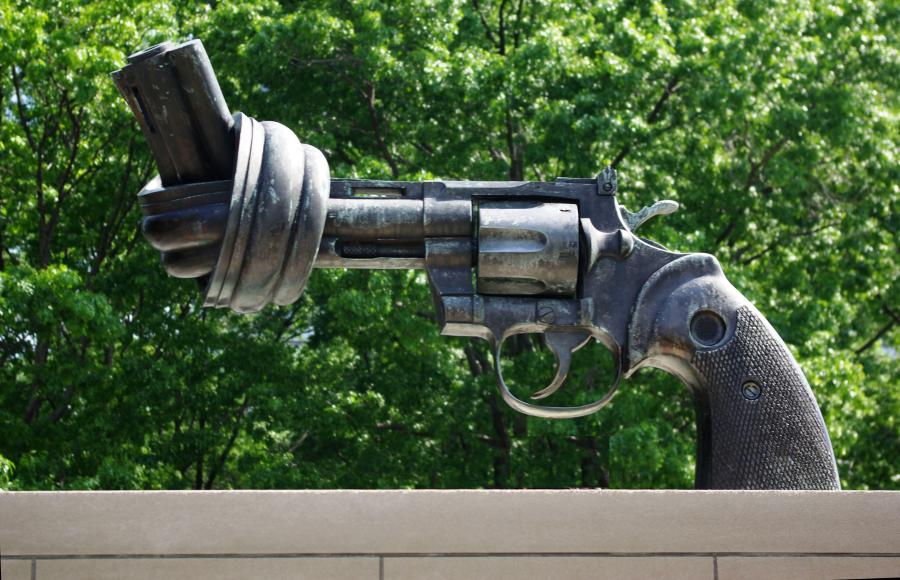Israel is often heralded as the only true democracy in the Middle East, but the perspectives of many Israeli Arabs offer quiet refutation of that claim. Azmi Bishara, a former professor, Arab, and current member of the Knesset, calls Israel a “tribal democracy”, which excludes one fifth of its nation's members, the approximately one million Arabs living in Israel. They have the right to vote, participate actively in the armed services and defense of the nation, but many feel discriminated against and excluded from meaningful participation in government. The Israeli Arab Association for Human Rights keeps extensive “Discrimination Diaries”, and recently released a new report, “Silencing Dissent”, which argues that Israel cannot be regarded as a democracy if it denies its Arab citizens equal treatment under the law. Their records reveal some disturbing facts concerning Arab politicians.
During demonstrations, eight of the nine present parliamentary legislators belonging to independent Arab parties have been beaten by “security forces”, according to the report. Seven of them were hospitalized. The Jewish public and media have paid little attention to these attacks, and what little has been said suggests that the Arab parliament members triggered the violence. In another instance, an Israeli policeman shot Bishara with a rubber bullet during a protest. He was in no way posing a threat to Israel’s security, he says, or to those around him.
Even when the identity of these attackers is clear, Israel has taken no action to investigate these crimes. As just one example, a policeman confessed to a judge that he was part of a group that attempted to burn down Azmi Bishara's home. The officer was not disciplined. The report also shows that all current nine Arab legislators have dealt with investigations and charges of incitement, sedition, or “threatening behavior”. The accusations usually refer to speeches or trips made to the occupied territories. Typically, cases are dropped, as the prosecutions’ political motives, and lack of evidence, are too obvious.
The result of these false accusations is often that the Israeli public is left with the impression that Arab legislators are conspirators. In return, Israeli government officials draw on negative public sentiment to make further accusations. In some instances, prosecutors move ahead with legal charges. At the moment, Bishara is entangled in a free speech trial. The accounts of Jewish policemen seem to frequently count for more than those of Arab “suspects”, legislators or not. One example cited by the report is the investigation of Ahmed Tibi and Mohammad Barakeh, who were accused of verbally abusing and physically threatening policemen. They narrowly escaped wrongful accusations by sharing a tape recording of their words.
The human rights violations of the Arab legislators become more obvious when viewed with the background of the treatment of Jewish legislators. Jewish parliament members, and their supporters, regularly receive police and army protection. But perhaps the strongest indictment of Israel’s democratic credentials is a new rule set up by the Israeli Election Committee that denies any party from fielding candidates if it dares to question Israel's Jewish and democratic identity.

